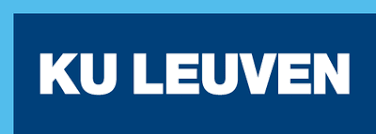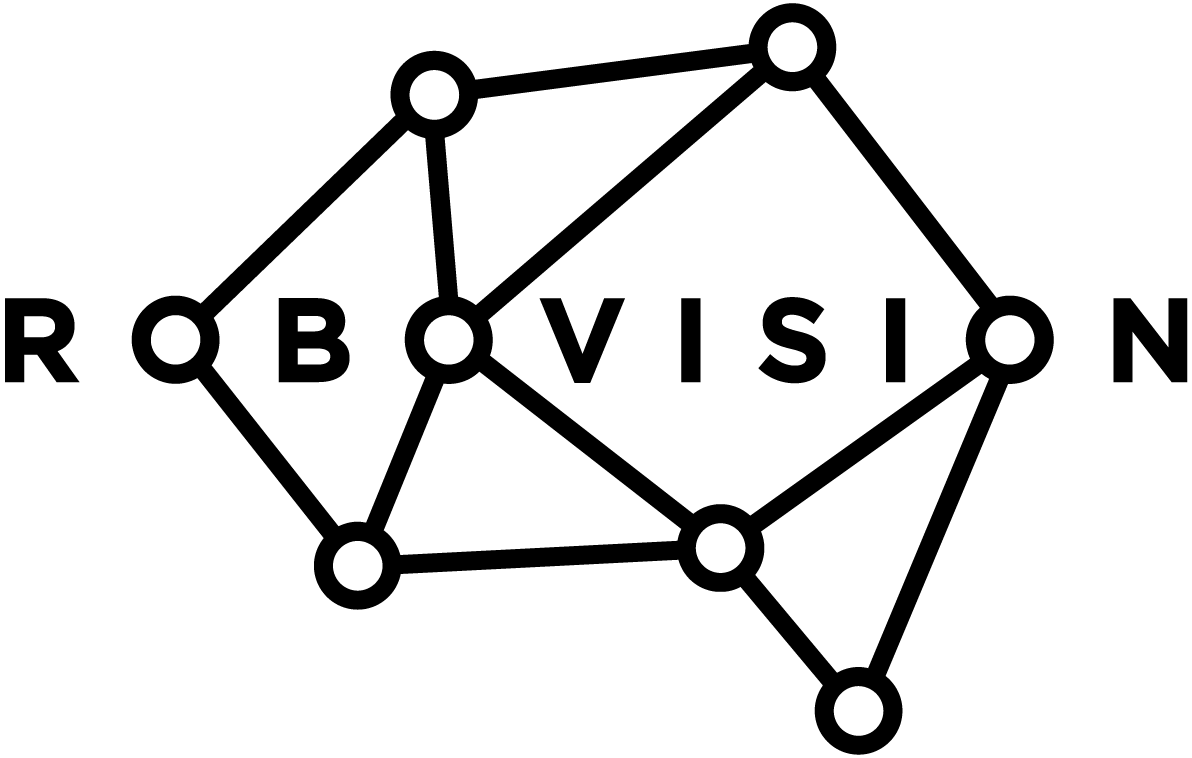Machine learning methods - WP4
Work package 4
Machine learning methods
Generating care recommendations
While work packages 1 and 2 provide a biological background for data collection, and work package 3 integrates these data in a modulatory and federated platform, it is the aim of work package 4 to learn from these data and generate care recommendations that flow back to the hospitals and patients.
The core mission in this work package is to develop algorithms for several purposes.
A concrete challenge of this project is the complexity of the clinical data used as input for the machine learning strategy. In contrast to patient data gathered from designated clinical studies, where almost every single parameter can be controlled, ATHENA uses Real World Data, being data obtained from patients in a normal clinical setting. These data are less controlled compared to clinical trial records and thus less easy to integrate and analyze. Further, different types of data should be combined to optimally feed the machine learning algorithms and obtain as relevant disease/treatment plans as possible. Prof. Yves Moreau of KU Leuven (partner in this project) and his research group are specialized in the creation of modelling strategies for Real World Data.
One of the types of data that will be used as input for the machine learning algorithms in this project, are images, including CT scans, MRI imaging, etc. However, these visual data are highly complex. It will be necessary to create designated algorithms to standardize and process these visual data in an automated fashion. Robovision is expert in handling and processing of such visual data.
Both the omics and clinical data need to be united in one model. However simple this may seem, it really is not. Such hybrid models haven’t been used a lot in the past and it is, thus, necessary for this project to develop novel techniques for data integration.
Preservation of the privacy of patient data from participating hospitals is one of the main priorities of the partners in this project. The patient data remains the sole property of the participating hospitals and only agreed analyses will be conducted. Specialized algorithms will make sure that every step in the data integration, processing and analysis pipeline is fully secured and only accessible to those entitled. This guarantees that, even if the system is hacked on the coordinating level, the data of participating hospitals is still protected. KU Leuven and imec will join forces in tackling this particular challenge.
Active partners
EM-103424 | DATE OF PREPARATION: JUNE 2022


